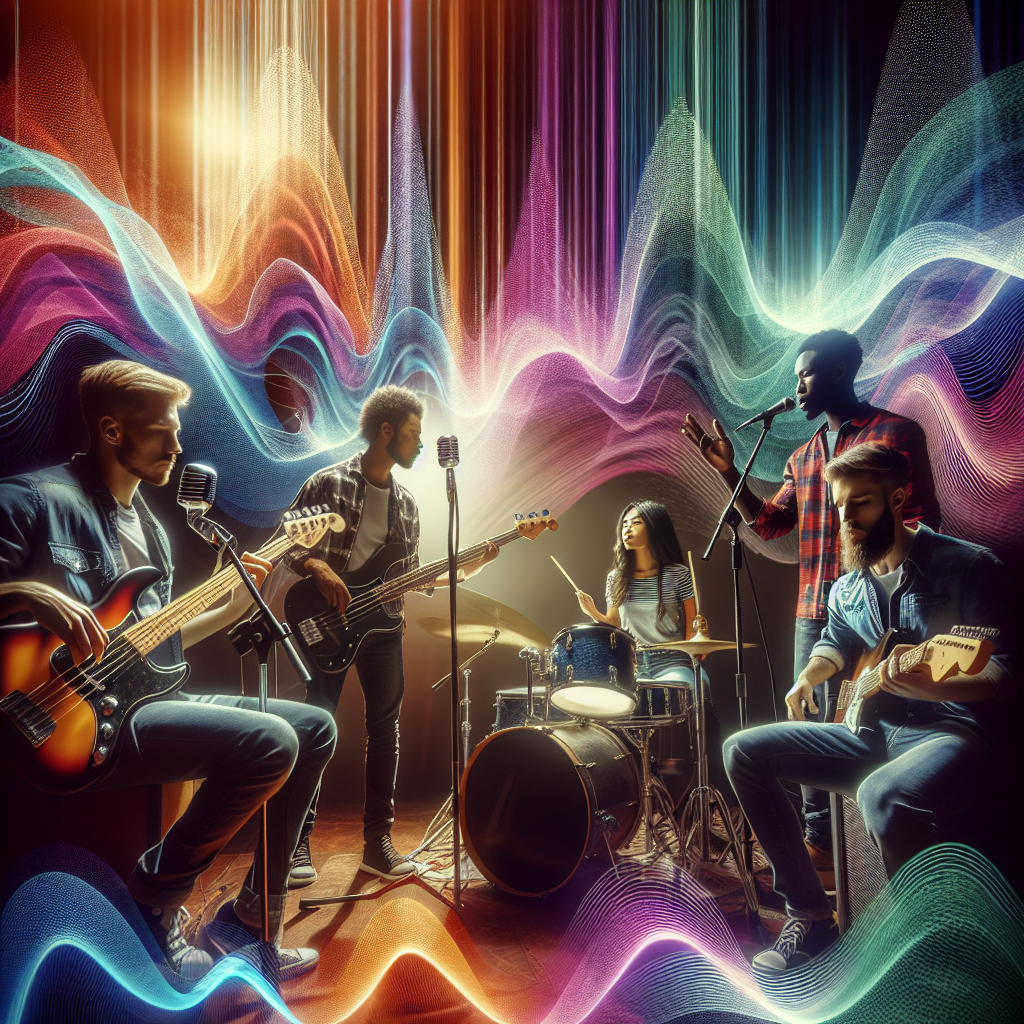In an era where global influences are increasingly interwoven into our daily lives, conversations surrounding cultural appropriation in music continue to shape our understanding of identity and belonging. This multi-faceted issue has propelled educators to challenge traditional parameters within both classroom teaching models and broader societal norms.
The initial slice of this complex discourse starts with examining the various musical movements that have emerged over time due to cross-cultural exchanges. From jazz’s African roots amidst American segregation to modern K-pop’s Western influence, these blends bring us face-to-face with questions about power dynamics and ownership within creative exploration.
Moving on from there, one cannot ignore how artistic innovation is driving change across industries. By leveraging digital platforms for collaborations or using algorithms for songwriting, creatives are blurring genre lines while also inviting larger audiences into cross-cultural dialogues.

As these changes ripple through the industry landscape, companies need to adapt their business strategies accordingly. Labels must now address issues like ethical compensation for sampled cultural elements or offering fair contracts ensuring original producers retain their rights – matters which were not systematically considered before.
The cultural impact goes beyond economic transactions; it echoes through community narratives around representation and equal opportunity as well. For instance, when major awards recognize more diverse talents or festivals introduce indigenous performances on main stages – it exemplifies progress but also reminds us that true inclusivity requires continuous effort.
‘Music becomes a medium where everyone can feel seen…’
Artist Perspectives
It is essential to spotlight the voices of creators themselves, as they navigate these nuanced spaces. Artists globally are voicing their perspectives through open forums, advocating for a more informed and respectful exchange of cultural influences.
Fan Response
Simultaneously, fans no longer remain passive listeners. They join critiques about appropriation or rally support for underrepresented artists, amplifying conversations on social platforms like Twitter or Instagram.
‘With every stream and share…’
Technical Evolution
The digital revolution concurrently transformed how music is produced, distributed and consumed – emphasising its democratizing potential but also raising ethical concerns regarding authorship and exploitation in the Internet age.
Future Directions
[…]

